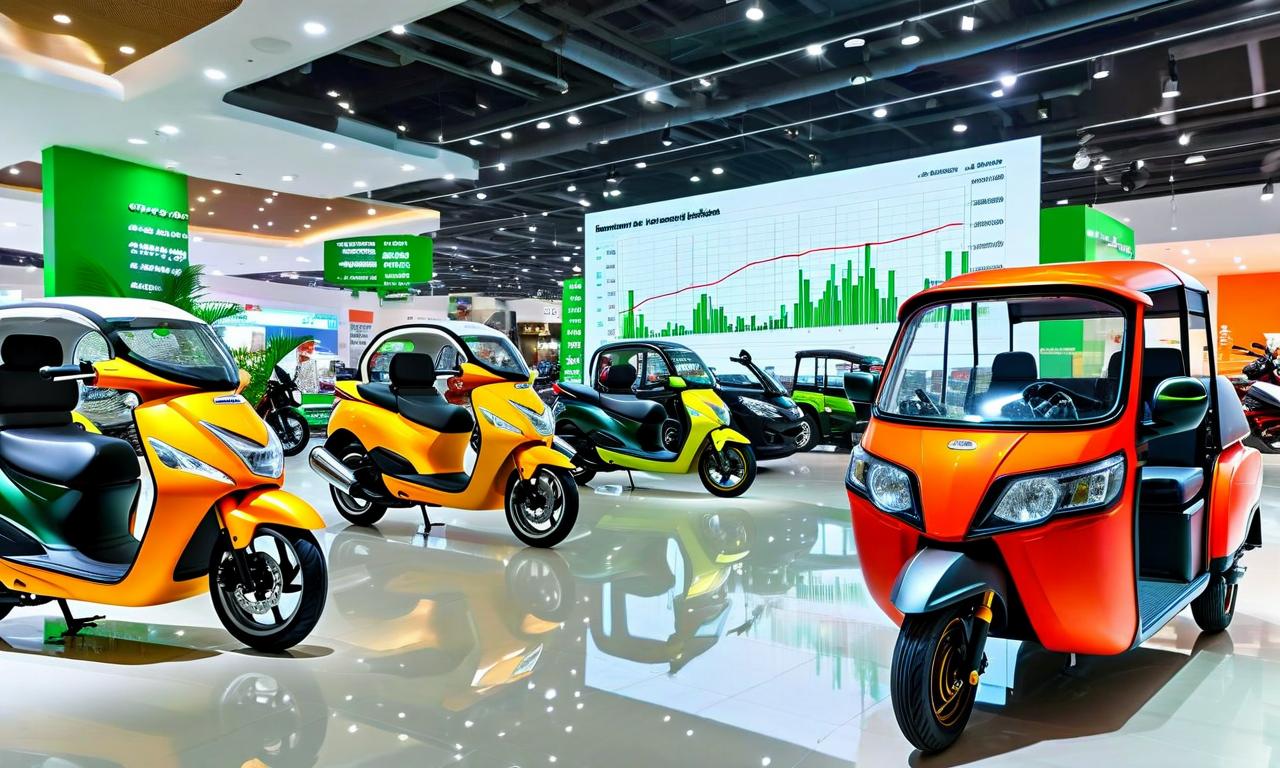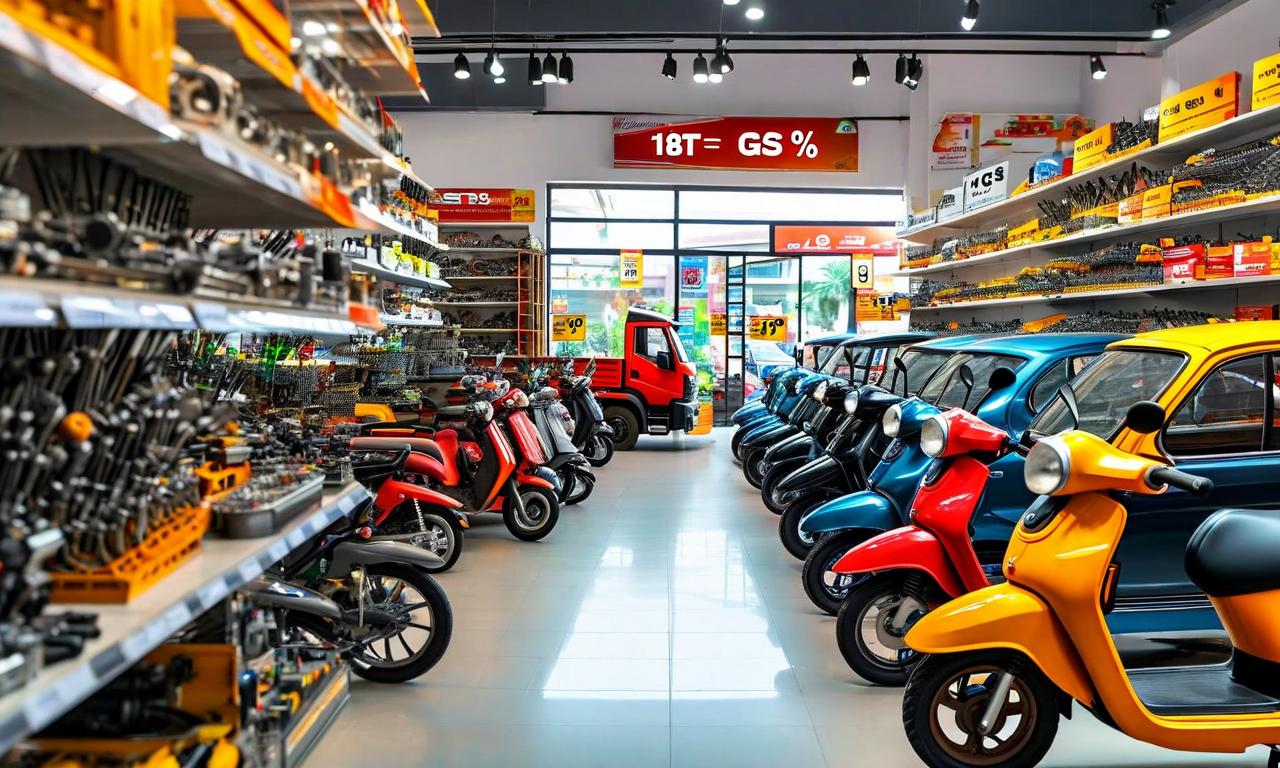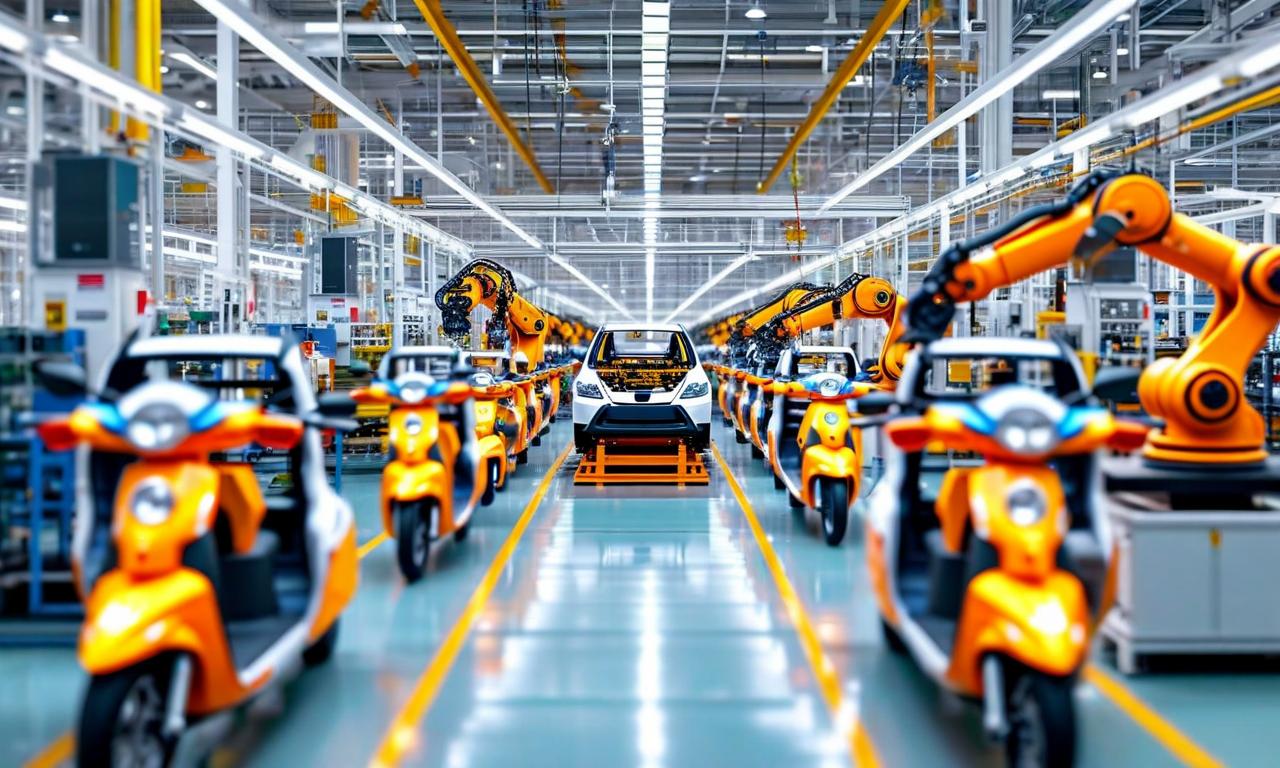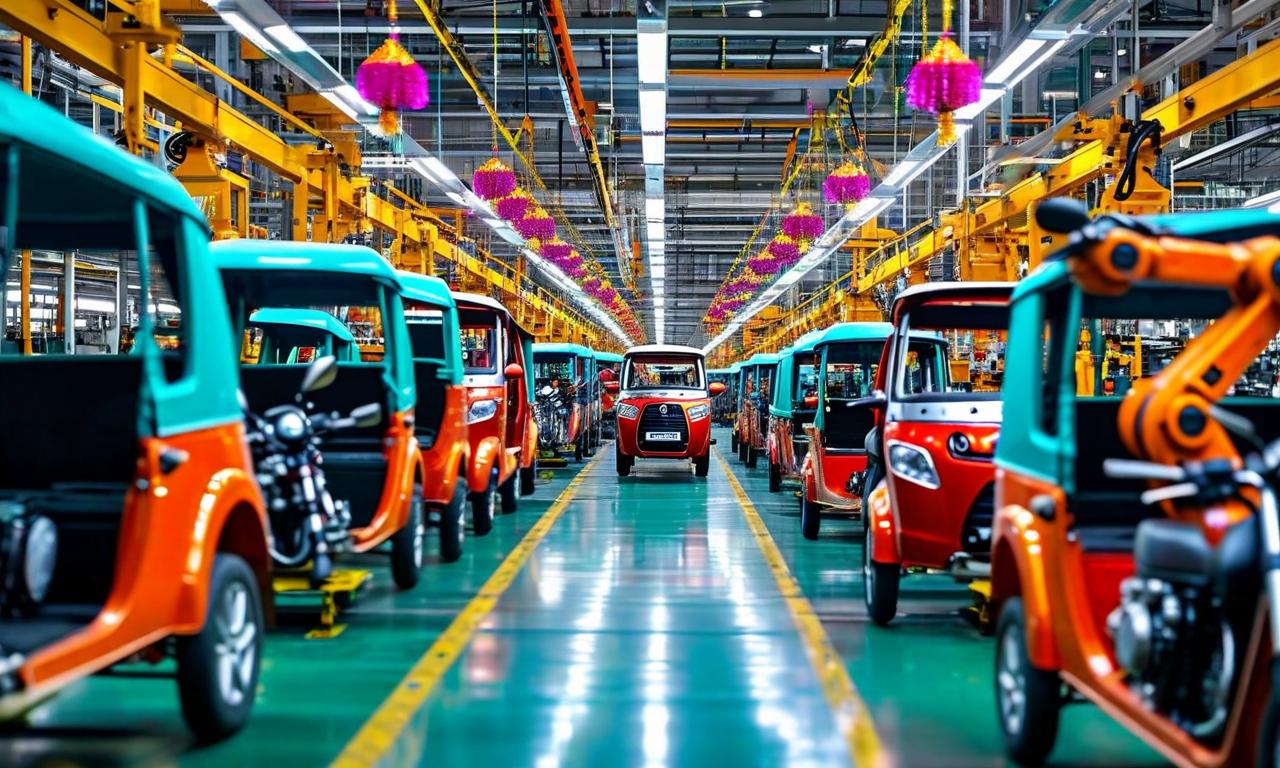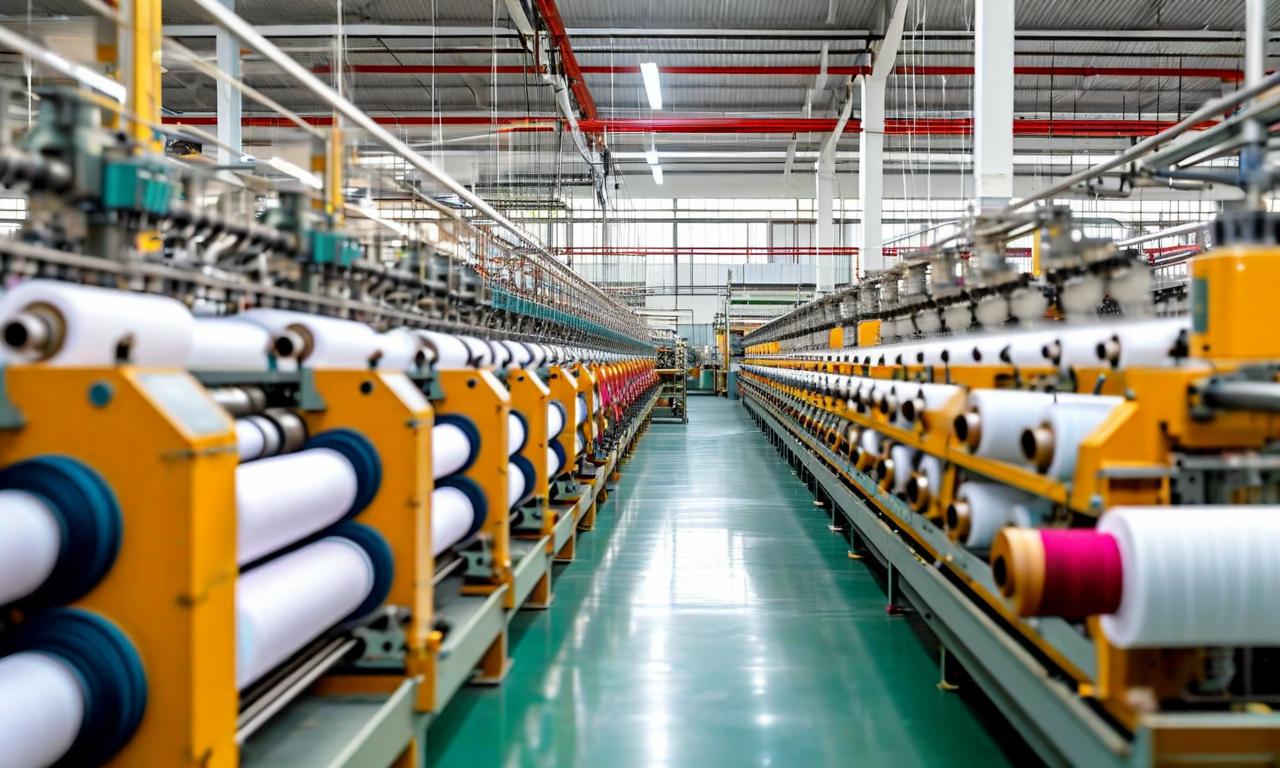Gadkari Defends E20 Fuel Rollout and Advocates for Auto Sector GST Relief
Union Minister Nitin Gadkari defended the E20 fuel rollout program, dismissing allegations as a paid political campaign. He urged the auto industry to increase efforts in developing biofuel vehicles and projected logistics costs in India to fall to 9% by 2025. Gadkari also requested GST concessions for vehicle scrapping, while Minister Piyush Goyal assured addressing dealers' GST concerns with the Finance Ministry. Recent GST changes include tax rate reductions for small and large vehicles.

*this image is generated using AI for illustrative purposes only.
Union Minister Nitin Gadkari has strongly defended the E20 fuel rollout program, dismissing allegations of a paid political campaign against him and the initiative. Speaking at the 65th SIAM Annual Convention, Gadkari addressed recent controversies and shared optimistic projections for India's logistics sector.
E20 Fuel Rollout Vindicated
Gadkari asserted that claims against the E20 fuel implementation have been proven false. The Supreme Court's rejection of petitions challenging the E20 program has further bolstered the government's stance. According to the Minister, all testing agencies have confirmed that there are no issues with the implementation of E20 fuel.
Gadkari stated, "The allegations were part of a paid political campaign against me regarding the E20 fuel rollout," emphasizing the program's validity and importance.
Call for Intensified Efforts in Biofuel Vehicles
During his address, Gadkari urged the auto industry to ramp up efforts in developing and promoting biofuel vehicles. This push aligns with the government's broader goals of reducing pollution and enhancing energy security. The Minister reiterated his call for offering discounts on the scrapping of old vehicles, a move aimed at accelerating the adoption of newer, more environmentally friendly models.
Appreciation for Industry Compliance
Gadkari expressed gratitude to the auto industry for their successful transition from BSIV to BSVI emission standards. This shift represents a significant step towards reducing vehicular emissions and improving air quality across the country.
Projected Reduction in Logistics Costs
In a positive outlook for the sector, Gadkari projected that logistics costs in India would see a substantial decrease. "We expect logistics costs in India to fall to 9.00% by the end of 2025," he stated. This reduction could have far-reaching implications for the auto industry and the broader economy, potentially boosting competitiveness and efficiency.
GST Relief Measures for Auto Sector
Gadkari has urged Finance Minister Nirmala Sitharaman to provide GST concessions for customers scrapping old vehicles to purchase new ones. He stated that this would support demand for cleaner cars and boost the government's scrappage policy.
Separately, Union Minister Piyush Goyal assured automobile dealers he would raise their GST concerns with the Finance Ministry, particularly regarding compensation cess treatment on existing inventory purchased before recent GST rate cuts. Dealers face potential losses of nearly ₹2,500.00 crore from unclaimed cess on vehicles bought at the previous 28% GST rate plus cess, as input credit claims end after September 22.
Recent GST Changes
The GST Council recently reduced tax rates on automobiles:
- Small car taxes: Cut to 18% from 29-31%
- Larger vehicle taxes: Reduced to 40% from 50%
- Compensation cess: Withdrawn
The Minister's statements and projections come at a crucial time for India's auto sector, which is navigating the challenges of technological transitions, environmental concerns, and economic pressures. As the industry continues to evolve, the government's support and policy directions will play a pivotal role in shaping its future trajectory.

